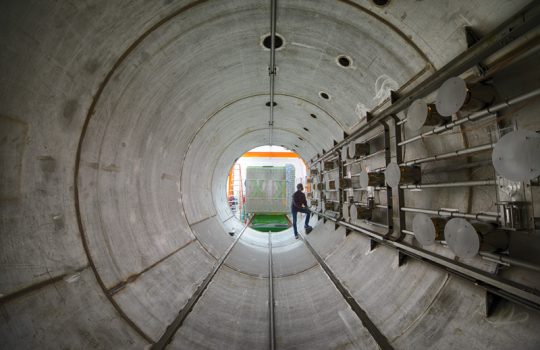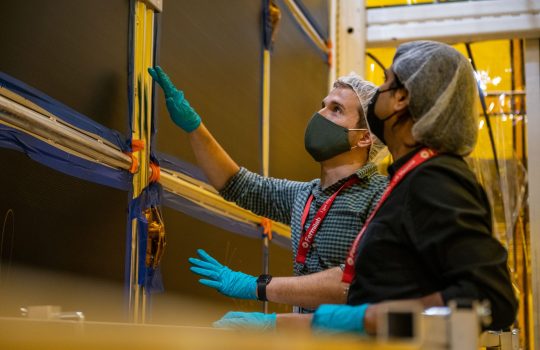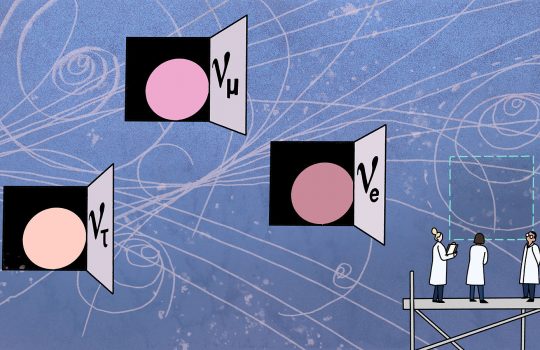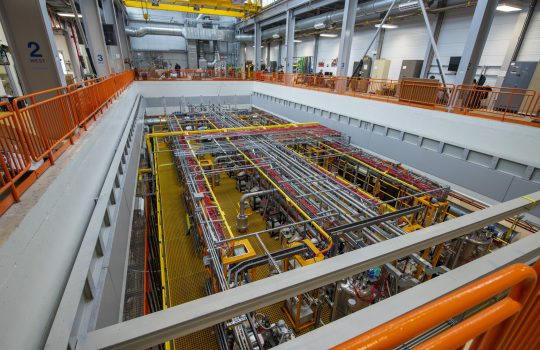Can sterile neutrinos exist?
From Scientific American, November 4, 2021: Physicists have wondered if neutrino particles come in a mysterious fourth variety. Now new experimental findings complicate the question. Physicists have wondered if neutrino particles come in a mysterious fourth variety. Now new experimental findings complicate the question.




